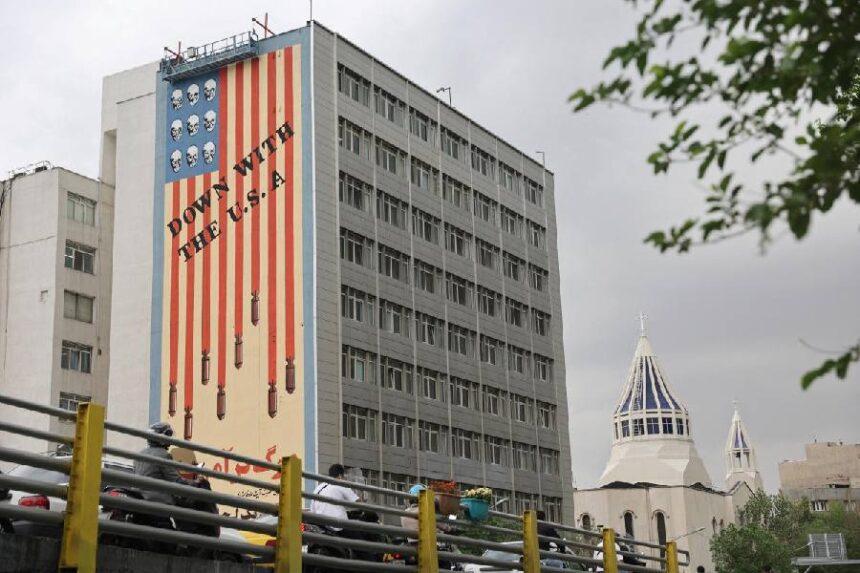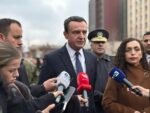Iran and the United States launched high-level talks in Oman on Saturday, aiming to revive negotiations over Tehran’s advancing nuclear program, Reuters reports. The talks come amid U.S. President Donald Trump’s threats of military action if no agreement is reached.
Iran’s delegation is led by Foreign Minister Abbas Araqchi, while U.S. Middle East envoy Steve Witkoff is heading the American team. These are the first U.S.-Iranian discussions since Trump returned to the White House.
According to Iranian Foreign Ministry spokesperson Esmail Baghaei, the talks are indirect, with Omani Foreign Minister Badr al-Busaidi acting as mediator. Each delegation occupies a separate room and exchanges messages through Oman’s representative.
“The focus of the talks will be de-escalating regional tensions, prisoner exchanges, and limited agreements to ease sanctions in exchange for controlling Iran’s nuclear program,” an Omani source told Reuters.
Oman, a longtime mediator between Tehran and Western powers, has previously facilitated the release of foreign nationals held in Iran.
Despite some optimism, deep mistrust persists. Tehran remains skeptical, particularly after Trump’s repeated threats to bomb Iran if it continues escalating its uranium enrichment — a process the West fears could lead to nuclear weapons development.
Ahead of the talks, Araqchi met privately with Oman’s foreign minister in Muscat to outline Iran’s main positions. Iranian state media stressed that Iran would not negotiate over its defense programs, including ballistic missiles.
Tehran has warned neighboring countries with U.S. bases that they could face “severe consequences” if involved in any American military action.
“There is a chance for initial understanding on further negotiations if the other party enters the talks with an equal stance,” Araqchi told Iranian TV. He said it was too early to predict the outcome, noting that many fundamental issues would be clarified in this first meeting.
Iran’s Supreme Leader Ayatollah Ali Khamenei has given Araqchi full authority to lead the discussions.
Tensions remain high across the Middle East, fueled by wars in Gaza and Lebanon, clashes between Iran and Israel, Houthi attacks in the Red Sea, and the recent collapse of Bashar al-Assad’s government in Syria.
Trump, who dismantled the 2015 nuclear deal in his first term and reimposed tough sanctions, has since revived his “maximum pressure” campaign against Tehran. In response, Iran has enriched uranium to 60% fissile purity, a technical step away from weapons-grade levels.
Meanwhile, Israel — Washington’s closest ally in the region — has repeatedly threatened military action if diplomatic efforts fail to curb Iran’s nuclear ambitions.
Tehran maintains it does not seek nuclear weapons, though Western powers and Israel believe otherwise, citing Iran’s enrichment activities as evidence.







